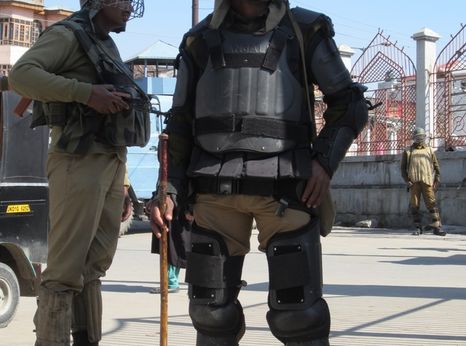Crackdown on dissent continues during Covid-19

Anand Teltumbde and Gautam Navlakha were charged under various provisions of the Indian Penal Code along with the Unlawful Activities (Prevention) Act (UAPA) for their involvement in the 2018 Bhima Koregaon riots. Their trial will now be held at a National Investigative Agency special court. With a poor conviction rate, the UAPA is routinely used against people for simply expressing dissenting opinions often without evidence that they incited or resorted to violence or assisted banned organisations, resulting in lengthy pre or under trial detention.
The UAPA has often been abused and used to detain people peacefully exercising their rights to freedom of expression and association. Parts of the UAPA do not meet international human rights standards and their application leads to human rights violations.
Following the arrests of Sudha Bharadwaj, Shoma Sen, Surendra Gadling, Mahesh Raut, Arun Ferreira, Sudhir Dhawale, Rona Wilson, Vernon Gonsalves and Varavara Rao in 2018, a smear campaign was launched against the activists. The government claims they are ‘anti-nationals’ working against the country. However, the opinion of communities, where the activists work, is entirely different. In these communities, they are hailed as brave activists, committed to the causes of the poorest and most marginalised communities in the country, like Dalits & Adivasis.
On 25 January 2020, the National Investigation Agency (NIA) took over the Bhima Koregaon investigations from the Maharashtra state police. This came after the new Maharashtra state government had raised several questions regarding the police investigations and had also asked for probe against police officials for the manner in which the investigation was conducted. The transfer of the case to the NIA is seen by many as part of the ongoing crackdown by the Narendra Modi government on human rights defenders in the country.
Hundreds of Dalits had gathered in Bhima Koregaon in Maharashtra on 1 January to commemorate a 200-year-old battle in which Dalit soldiers of the British army defeated the ruling Peshwas. Hindu nationalist groups and alleged supporters of the ruling Bharatiya Janata Party (BJP) objected to the celebration, calling it anti-national for celebrating a colonial victory. The organizers of the Dalit rally said they wanted to campaign against the pervasive ideology in India that leads to attacks on Dalits and Muslims.